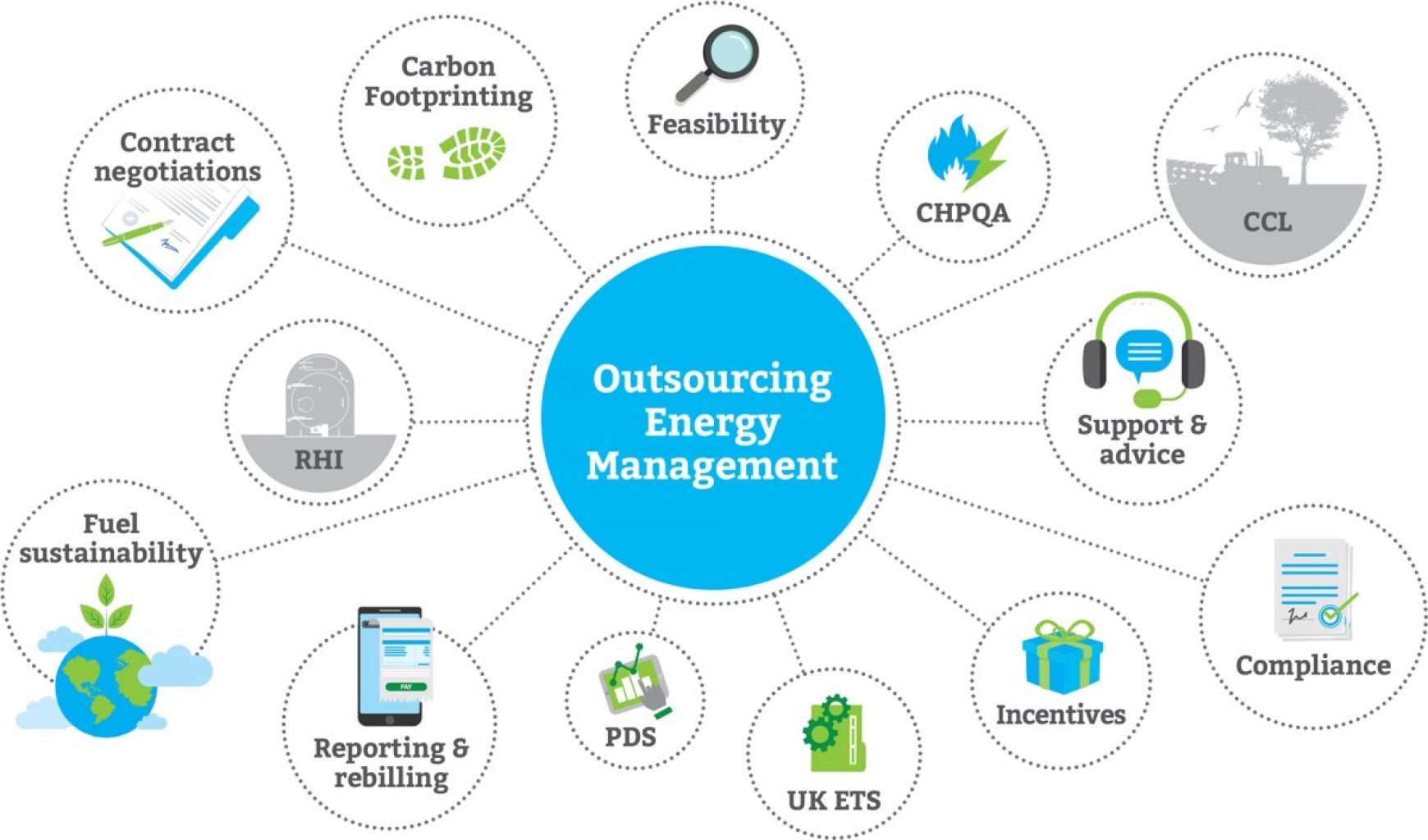We understand how hard the job of a farmer is. Having an Energy Manager onboard can take away the headache of selling and buying energy, compliance and permits, feasibility and energy strategy. 
There are many elements we cover and we have a department of specialists here for any farm energy related need. We are able to incorporate different services into a bespoke agreement to match whatever the needs are of your own farm business. Here Matt Clarke who oversees some of our biggest farming customers gives us an insight into a day’s work.
Tell us about a typical client set-up?
Most clients of mine are farms which have diversified into energy generation and have invested in one of the following technologies; heat pumps or solar, biomass boilers, combined heat & power engines and anaerobic digestion plants. We monitor their incentive submissions such as Renewable Heat Incentive, arranging and monitoring their import-export contracts as well as validating their bills and requirements.
What is the main difference between NFU Energy and other energy management companies?
Procurement and bill validation are the bread and butter of any energy consultancy. Whereas here at NFU Energy it’s our Renewable Heat Incentive work - making sure our clients stay compliant, especially if they plan to make changes to their system now or in the future. We expect more Green Gas Support Scheme (GGSS) work to start up in the coming months and years. Other consultancy businesses are quite behind in understanding Power Purchase Agreements. Here, it is a linchpin in our energy strategy.
This last year has seen us engaging with more of our agricultural and horticultural clients about energy efficiency. We help our farming clients navigate the quickly evolving opportunities and keep them up to date with any pricing structure changes on the horizon.
What does a typical day look like?
My day starts with carrying out short term trading for a variety of clients, as well as managing the run schedules of some of our customers engines alongside the electricity, heat and CO2 demands onsite. I then move on to updating my clients with current market conditions as well as any recommendations that need to be given. Once these time sensitive tasks are complete, I then move onto the metering, monitoring and billing for each of my clients. I then spend a large portion of my day working on contract negotiations, custom reports and feasibility work. It’s important I keep my clients up to date with the latest opportunities.
What’s been your favourite day?
Personally I enjoy meeting with clients, walking their land or installations and talking through their aspirations for their long-term future. It’s great to see family businesses with multi-generational input and decades of history. This is where our long-term strategy really comes into play. I recently visited a large horticultural site in the West Midlands whose owners and operators were very entrepreneurial. The mixture of generation types that they had developed over time were great to see, such as electricity generated from biomass boiler heat and CO2 received from Anaerobic Digestion for greenhouse enrichment. Their attitude to continual development in their set-up is inspiring and offers hope for an ever-increasingly environmentally conscious world.
What is an energy strategy?
An energy strategy maps out the best technologies and uses of applications over a given period. If you are interested in adopting renewables on your land, check out our Renewable Energy Solutions service. With prices for energy derived from fossil fuels soaring, renewable energy solutions are showing significantly better returns on investment than previously. In most cases, the more energy you have a requirement to consume yourself, the better your return on investment for a renewable energy solution.


